
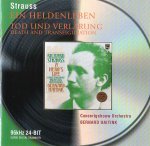
Bernard Haitink’s 1970 Ein Heldenleben with the Concertgebouw is tremendously well played, and it’s good to hear a performance from a conductor who doesn’t present
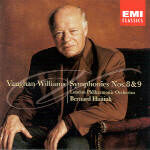
The accolades that Bernard Haitink’s wretchedly dreary Vaughan Williams cycle consistently receives in the UK only serve to prove, as if further proof were necessary,
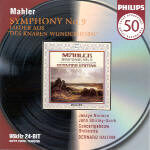
Bernard Haitink’s Amersterdam Mahler Ninth remains one of the finest versions available: beautifully played, sensitively balanced, and warmly recorded despite the fact that in 1970
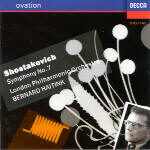
The Seventh is arguably Shostakovich’s most Mahlerian symphony, so it comes as no surprise that Bernard Haitink conducts in a manner similar to his later
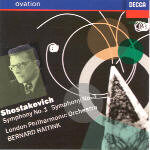
This pairing does not show Haitink’s Shostakovich at its best. The Third Symphony needs special pleading and receives nothing more than professionalism. The second half
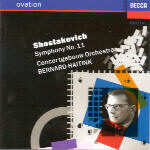
This is one of the stronger issues in Haitink’s complete Shostakovich cycle, mainly due to the magnificent playing of the Concertgebouw Orchestra, which shakes off
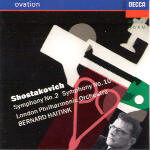
Bernard Haitink’s Shostakovich Tenth Symphony begins very well. He paces the first movement judiciously, neither too fast nor too slow, and the climax has great
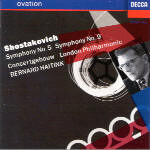
This release vividly illustrates Bernard Haitink’s variable success with the Shostakovich symphonies. Alongside a few really excellent performances (Symphonies Nos. 5, 8, 13, and 15),
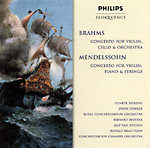
Bernard Haitink conducts Brahms’ Double Concerto in a broad, big-boned manner, slightly slower than his later remake for EMI, but no less vital. He is
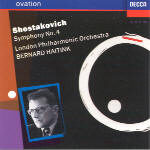
A stunning recording makes the climaxes of this humongous symphony sound splendid: it’s what happens before and after that lets the performance down. Often, Haitink
![]()
